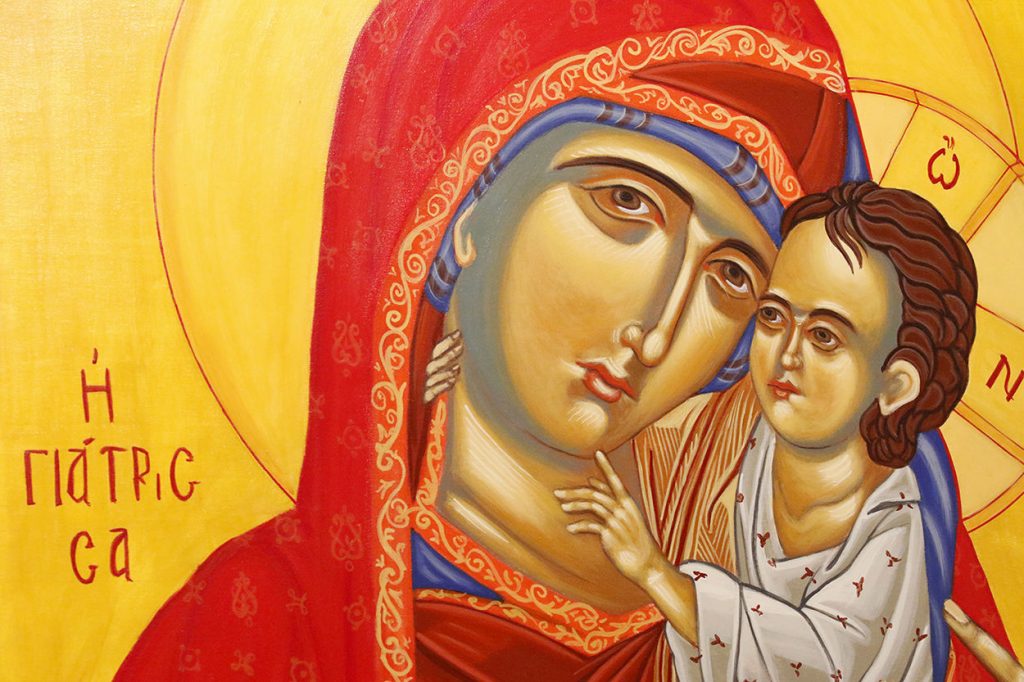The Church’s liturgy rings in Christmas with a joyful noise. We hear of uplifted voices, trumpets and horns and melodies of praise.
In the first reading, Isaiah foretells Israel’s liberation from captivity and exile in Babylon. He envisions a triumphant homecoming to Zion marked by joyful singing.
The new song in the psalm is a victory hymn to the marvelous deeds done by our God and king.
Both the prophet and psalmist sing of God’s power and salvation. God has shown the might of his holy arm, they say. This language recalls the Exodus, where the people first sang of God’s powerful arm that shattered Israel’s enemy Egypt (see Exodus 15:1, 6, 16).
The coming of the Christ Child into the world fulfills all that the Exodus and the return from exile prefigured.
In Jesus, all nations to the ends of the earth will see the victory of God over the forces of sin and death.
Jesus is the new king. He is the royal firstborn son and Son of God promised to David, as we hear in the epistle (see Psalm 2:7; 2 Samuel 7:14).
And as our Gospel reveals, he is the Word of God, the one through whom the universe was created, the one through whom the universe is sustained.
In speaking to us through his Son, God has unveiled a new age, the last days.
The new age is a new creation. In the beginning, God spoke his Word and light shone in the darkness. Now, in this new age, he sends us the true light to scatter the darkness of a world that has exiled itself from God.
He is the one Isaiah foretold — who brings good tidings of peace and salvation, who announces to the world that God has come to dwell and to reign (see Revelations 21:3—4).
So we sing a new song on Christmas. It is the song of those who have believed in the Christ Child and been born again — by grace given the power to become children of God.
Scott Hahn is founder of the St. Paul Center for Biblical Theology, stpaulcenter.com.

